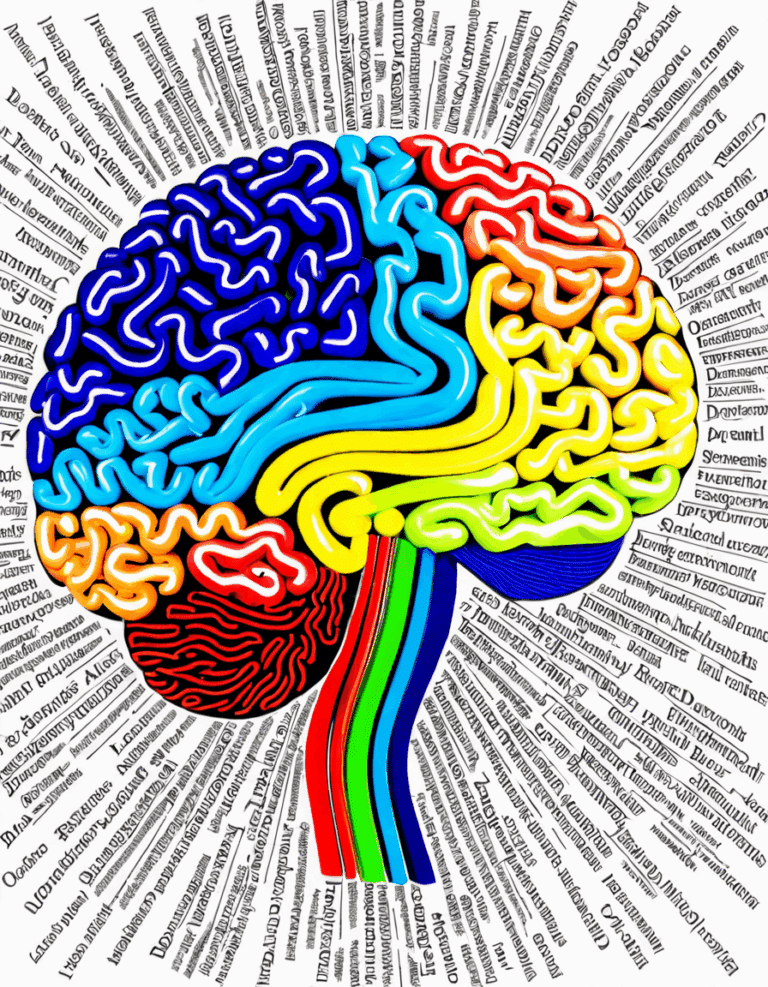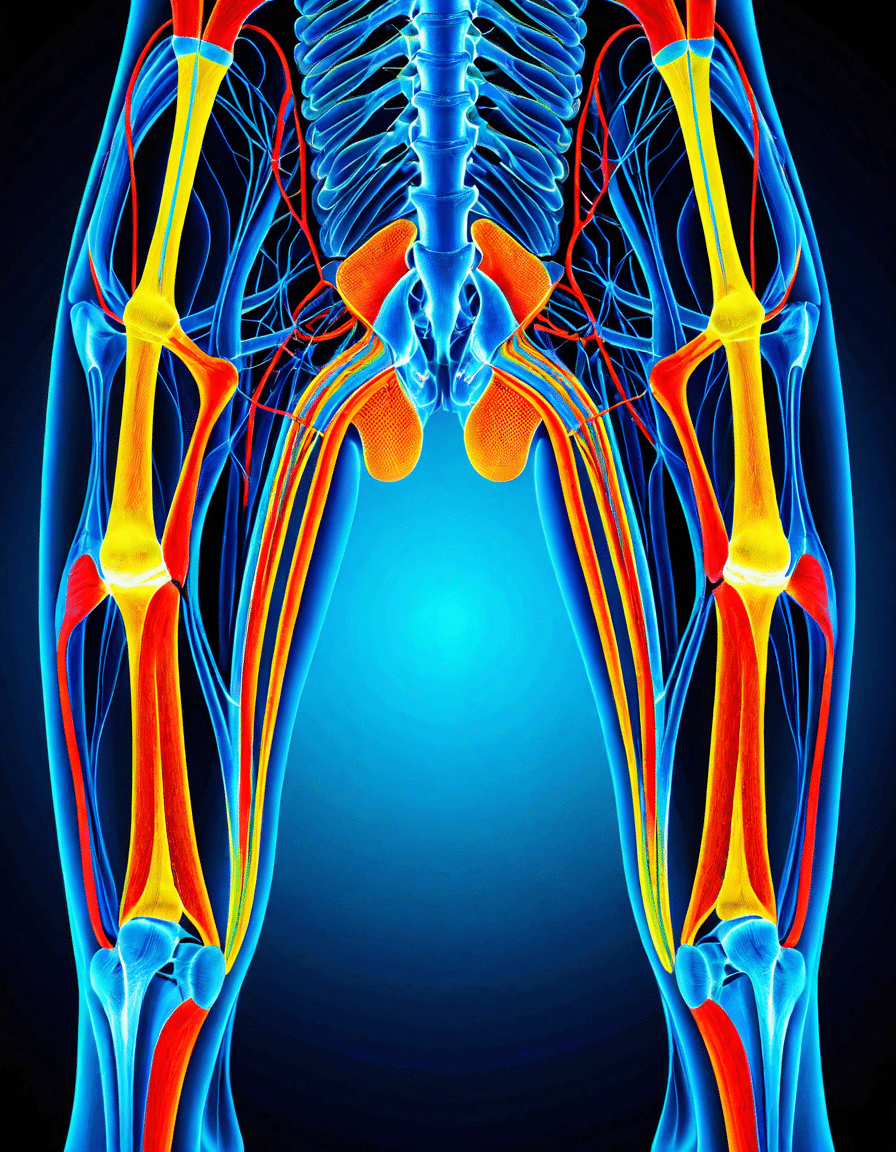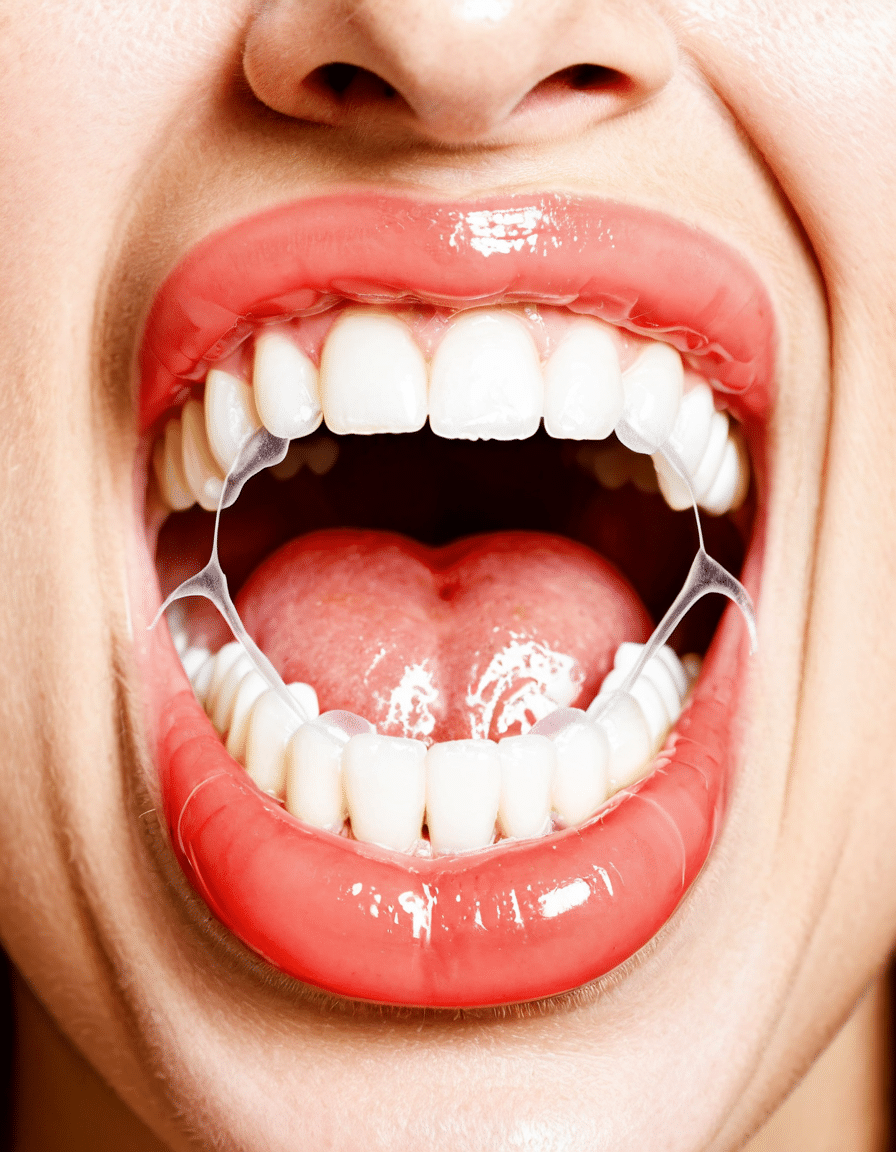When we talk about rumination disorder, we’re diving deep into a complex issue that involves not just food but also emotional and psychological struggles. This eating disorder is misunderstood and often brushed aside as a quirky or benign habit, but it’s much more serious than that. People with rumination disorder regularly regurgitate food, chew it again, and either swallow it or spit it out. But that’s just the tip of the iceberg! This disorder can lead to debilitating health issues, anxiety, and a perpetual cycle of self-judgment. If you think about it, rumination disorder might restrict you from achieving your fitness goals, preventing you from getting shredded and looking fabulous. Let’s break this down.

What is Rumination Disorder?
At its core, rumination disorder isn’t just about the act of regurgitation. It encompasses a range of emotional and cognitive responses that can derail one’s mental health. Research shows that individuals dealing with this disorder often have an anxious attachment style, meaning they might struggle with relationships and feelings of inadequacy. The psychological burden can be overwhelming—leading to intense stress and self-criticism.
It’s essential to recognize the broader context of this disorder. Often, individuals may find themselves in a negative spiral, where the act of rumination feeds into feelings of guilt and anxiety. This is similar to how competitive athletes, like Simone Biles, discuss their struggles openly. They highlight the critical importance of mental health in sports and life, reminding us that our mindset can absolutely impact our physical performance.
Let’s face it: if you’re working to build muscle and get that ripped six-pack, it’s crucial to get your mental game right too. If you’re wrapped up in ruminating thoughts around food and body image, it can create a huge barrier in achieving your fitness goals. It’s not just about crunching those abs at the gym; it’s about crunching down on those thoughts too!

The Psychological Dimensions of Rumination: Exploring Related Conditions
Scrupulosity and Its Effects on Mental Health
Ever heard of scrupulosity? It often partners up with rumination disorder. Scrupulosity, a form of obsessive-compulsive disorder, causes individuals to dwell on moral issues and guilt. Imagine a person already struggling with their eating habits—now throw in compulsive thoughts of whether those habits make them a bad person. Intense, right?
This can create an additional layer of anxiety, making the cycle even worse. While you’re trying to figure out your nutrition and exercise plan, you might find your mental health getting derailed by guilt and self-judgment. It’s this interplay of anxiety and food issues that needs to be addressed for anyone trying to achieve peak physical health. The battle starts not at the gym but in your mind.
Ataxia Definition: Physical Manifestations Related to Rumination Disorder
You might be asking, what’s ataxia got to do with rumination disorder? Well, ataxia, which refers to the lack of voluntary coordination of muscle movements, can sometimes be present in those dealing with rumination disorder. Studies, including one published in the Journal of Neurology, highlight that some individuals may experience physical symptoms such as difficulty swallowing or awkward muscle control.
These physical challenges can make it difficult to maintain a consistent and effective workout routine. For someone aiming to bulk up, these symptoms could potentially derail their progress. Let’s make it clear: mental health and physical health are intertwined. Addressing one without the other can lead to insufficient results.
The Cycle of Ruminating: How Thoughts Spiral into Action
When you ruminate, it’s like getting stuck on a mental merry-go-round. You’re fixated on distressing thoughts and situations, repeating them over and over. This spirals out of control, and your identity can become intertwined with feelings of failure and anxiety. It’s like a downward spiral that can leave you feeling trapped.
Competitive athletes, in their pursuit of excellence, shed light on the significance of addressing mental blocks. Just look at how renowned athletes tackle their mental health—these stars understand that negativity can jeopardize their performance. Remember, your mindset isn’t separate from your physical pursuits. If you want that ripped physique, you need to break free from these toxic thought patterns.
And guess what? When you’re trapped in this cycle, it often creeps into your nighttime routine too. That brings us to something curious yet terrifying—the sleep paralysis demon. Many individuals find themselves facing anxious thoughts at night, leading to disturbances in their sleep. This fear can exacerbate rumination and anxiety levels during the day, creating a vicious loop.
Real-World Impacts of Rumination Disorder: Case Studies from Various Spheres
Case Study: A Health Influencer’s Journey
Take Sarah, a well-known health influencer, as a testament to the real-world impact of rumination disorder. Initially dismissing her symptoms as mere dietary preferences, Sarah discovered the very profound connection between her mental and physical health. Her journey to recovery involved professional help and therapy, breaking the silence around the myths surrounding eating disorders.
Through sharing her experience, Sarah became a champion for awareness in her community. Her story emphasizes that speaking out is crucial—not just for oneself but for others struggling in silence. The more we talk about these challenges, the more we empower ourselves and others on the path to gaining muscle and achieving mental clarity.
From Fiction to Reality: Rumination in Pop Culture
You know, it’s wild how rumination disorder even surfaces in pop culture! Take the movie “Black Swan.” The film dives into the life of a ballerina grappling with intense mental health issues reflecting those found in ruminative patterns. Such portrayals work wonders at demystifying the disorder and shedding light on its real-life implications.
It’s a reminder that struggles we face aren’t ours alone—many are wrestling with similar demons. Every time we see a character battling these conditions, we’re encouraged to share our stories and acknowledge the profound effects mental health can have on our lives. Whether you’re hitting the weights or dealing with personal challenges, it’s okay to seek help.
Coping Strategies: Tackling Rumination Disorder Head-On
When it comes to handling rumination disorder, you’ve got to go at it from multiple angles. Cognitive Behavioral Therapy (CBT) has emerged as an effective approach for managing rumination. The techniques focusing on mindfulness and acceptance can make a world of difference in reducing those pesky ruminative thoughts.
Here are some effective coping strategies:
Innovative Wrap-Up
Rumination disorder goes beyond the act of regurgitating food; it encompasses an intricate interplay of thoughts, emotions, and physical reactions that can significantly impact one’s overall health. By unfolding its layers, we realize the urgency in understanding and addressing this disorder—not just for those affected but for society as a whole.
By embracing holistic treatment approaches and fostering open conversations about mental health, we equip ourselves to create a supportive atmosphere for all facing the challenges of rumination disorder. So whether you’re at the gym, pushing for that six-pack or just moving through life, remember: your mindset is your best muscle. Let’s build it strong and ready to tackle any challenge!
Understanding Rumination Disorder: Fun Trivia and Interesting Facts
What Is Rumination Disorder?
Rumination disorder, often overlooked, is a condition where individuals involuntarily regurgitate food, chew it, and then either re-swallow or spit it out. It might sound a bit strange, but it’s a serious issue affecting various age groups and can have profound health implications. Interestingly, many might not realize that this disorder can sometimes share symptoms with more common issues, such as allergies or digestive disturbances. For instance, in cases of allergic conjunctivitis, a person’s discomfort might lead to eating habits that complicate or exacerbate a rumination disorder.
Challenging though it may be, it’s crucial to spread awareness around rumination disorder, especially considering how psychological factors can intertwine with physical health. As with any health issue, understanding the underlying causes, including potential zinc deficiency symptoms, can pave the way for effective treatment strategies. Interestingly, despite its rarity compared to other eating disorders, its impacts can reverberate through one’s social and emotional landscape, just as much as child custody and addiction situations can have wide-reaching consequences on families.
Fun Facts About Rumination Disorder
Did you know that rumination disorder can often be mistaken for other conditions, like gastroesophageal reflux disease (GERD)? This misdiagnosis can cause difficulties in treatment and recovery. People with this disorder may also find solace in specific environments; for example, engaging in relaxed settings like indoor pools can sometimes help ease anxiety and lessen symptoms. It’s surprising how a different atmosphere might influence one’s eating behaviors and health.
Another fascinating aspect of rumination disorder is its psychological underpinnings. Researchers are constantly investigating how stress and anxiety might contribute to its onset. This is similar to how various psychosocial factors play into conditions like hepatitis symptoms, which can be influenced by one’s lifestyle choices. Moreover, as we learn more about treatments, emerging therapies can often involve cognitive behavioral strategies to help change eating patterns. This is akin to creating unique approaches in hyperpigmentation treatment, where individual circumstances guide treatment plans.
In the end, raising awareness and understanding rumination disorder can lead to healthier habits and a better quality of life. Engaging with communities, sharing personal experiences, or even discovering the latest findings can help connect those affected by this disorder, similar to how films like “On the Line” highlight complex human experiences in an engaging way. So, stay curious and informed—your knowledge can be a vital tool on the journey to better health!



























